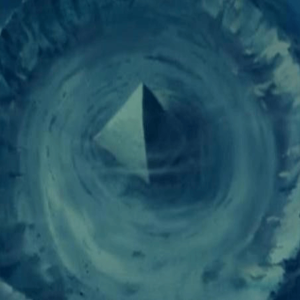Biggest fish in the world found dead in Espírito Santo


In an advanced state of decomposition, the whale shark found in Espírito Santo was more than 11 meters long
Last Monday (27), a whale shark carcass – the largest fish in the world – was found in Vitória Bay, a gulf located between the municipalities of Vitória , Vila Velha, Cariacica and Serra, in Espírito Santo.
The Campos and Espírito Santo Basin Beach Monitoring Project (PMP-BC/ES) was activated to verify the occurrence. Teams from Ambipar, Projeto Baleia Jubarte (PBJ) and Instituto ORCA were also on site.
By analyzing the characteristics of the animal, specialists concluded that the carcass found belonged to an animal of the Rhincodon typus species – the whale shark.


According to the ORCA Institute, the corpse was an adult female, about 11.6 meters long and weighing an estimated 12 tons.
Still according to the entity, the animal appeared to be healthy and well nourished, with a significant layer of fat . “The stomach examination indicated that he was eating normally and no strange material was found, such as plastics, rubbers, common in ocean waste”, says a post by the institute on Instagram.
Tissue samples were collected for further analysis of possible disease or contamination.
The animal will be buried in an appropriate place to be indicated by the Environment Department of Vila Velha.
We would like to thank the City Hall and its Environment and Works secretariats, who spared no efforts to support and help us in the rescue and disposal of the stranded whale shark carcass, with the provision of staff and machinery, making the whole process viable.Instituto Orca, via Instagram.

Record of a whale shark swimming in the waters of Koh Chang, Thailand. Image: Wanwalee Wongsawan – Shutterstock
About the whale shark:
- This species of fish has existed for about 60 million years;
- They can live up to 100 years;
- Adult individuals of five to 10 meters have already been found, but it is believed that this animal can grow up to 18 meters in length;
- The lightest specimen ever seen was over 12 tons, and the largest whale shark ever recorded weighed 34 tons;
- This type of fish has a flat head with a straight snout above the mouth, gray and brown back and sides with white spots, and a white belly;
- They feed on other fish and plankton, posing no direct risk to humans ,
- Generally, they are found between the surface and 100 m deep, as they prefer warm waters, with temperatures from 21°C to 25°C;
- This species is currently classified as vulnerable (endangered).




